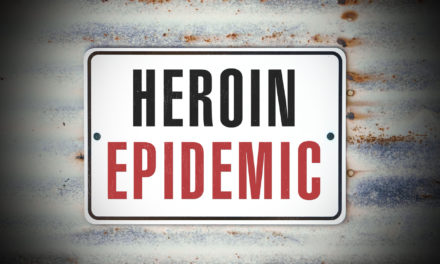By Cristina Utti MFA, MA
Staying clean and sober is a lifelong journey for those in recovery.
After spending years drowning and numbing feelings, and running from life’s problems, a new way of thinking and living must be learned to maintain sobriety. Although everyone is different, as human beings we are all very much the same with similar aspirations, hopes, dreams, and fears. H.A.L.T. (Hungry, Angry, Lonely, and Tired) triggers and resentments are often spoken of in twelve-step programs as factors to be mindful of because they can lead to relapse. Consider five other dangerous relapse triggers:
Dishonesty – Dishonesty comes in many forms. Lying to ourselves is one form of which we are often not aware. For instance, staying in a bad relationship and telling ourselves that things will get better is a form of lying to ourselves. Another way we lie to ourselves is telling ourselves that having one drink or getting high one more time is okay. Dishonesty with ourselves can even come in the form of not being able to say ‘no’ to people when we really do not want to do something. Sitting quietly with ourselves in prayer or meditation brings clarity and better enables us to be honest with ourselves.
Lying to others is another story. The number one form of dishonesty that causes relapse is lying to a significant other. Sometimes, people in recovery try to fill the empty space with sex and numerous relationships. Lying to people that you sleep with causes emotional drama and in nearly all cases will eventually lead to relapse.
For most people, lying came as second nature when in active addiction. Learning to be honest with yourself and others is a better way to live and will ultimately lead to freedom and well-being.
Self-Pity – That old adage “poor me, poor me, pour me a drink” rings true. Feeling sorry for ourselves and seeing the world as doom and gloom can be the recipe for a relapse. Life has its ups and downs. Realizing that everything will not be wonderful all of the time, and that bad times will pass, helps in not getting stuck in self-pity. When people disappoint us, when we have a lot on our plate, and when we have minimal support from others, it can be easy to feel sorry for ourselves. And, our addiction is always there waiting.
Becoming overconfident – Becoming overconfident in our recovery can lead to a relapse. When we feel as though we don’t need meetings any more, or begin to wane away from our sober friends, that is a sign of trouble. As they say, every step away from recovery is a step toward using.
Relationship break-ups – It’s a good idea to not get involved in new sexual or intimate relationships in early recovery. Relationship problems and break-ups cause feelings of despair, loneliness, insecurity, abandonment, and a plethora of other emotions that can lead to a relapse. Having a good solid foundation in recovery first and foremost can get us through a break-up unscathed.
Expectations – Having too many expectations of ourselves and of others can lead to feeling bad or resentful. Living a clean and sober life means so much more than just putting down the drink or drug. It is about finding balance in our lives. Piling too much on our plate, expecting ourselves to be able to accomplish a million things at once, can makes us feel overwhelmed. This can easily go right into a case of the f-its, feeling like we cannot do anything right and therefore doing nothing–and from there to using again. Accept that there are only so many hours in a day. Prioritize the essentials. These are good ways to bypass bad feelings about ourselves when we do not meet our own expectations.
Realizing that recovery is a process and being mindful of emotional booby traps puts one on the clean and sober path of life.
Recovery may not be easy all of the time, but the worst day in recovery is always better than the best day when we were using! If you find yourself in any of these situations, get quiet with yourself and your higher power to bring peace back into your heart.










